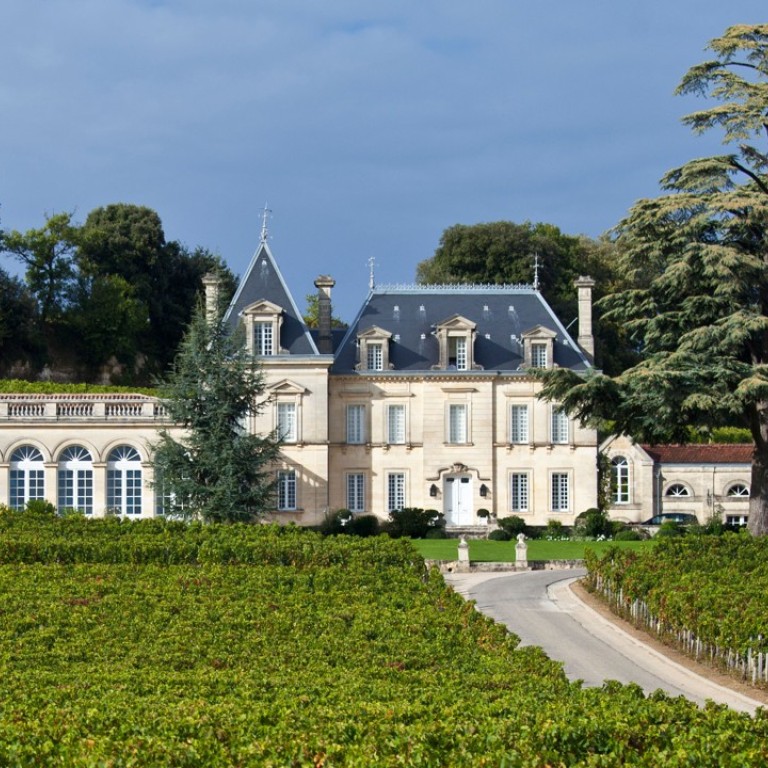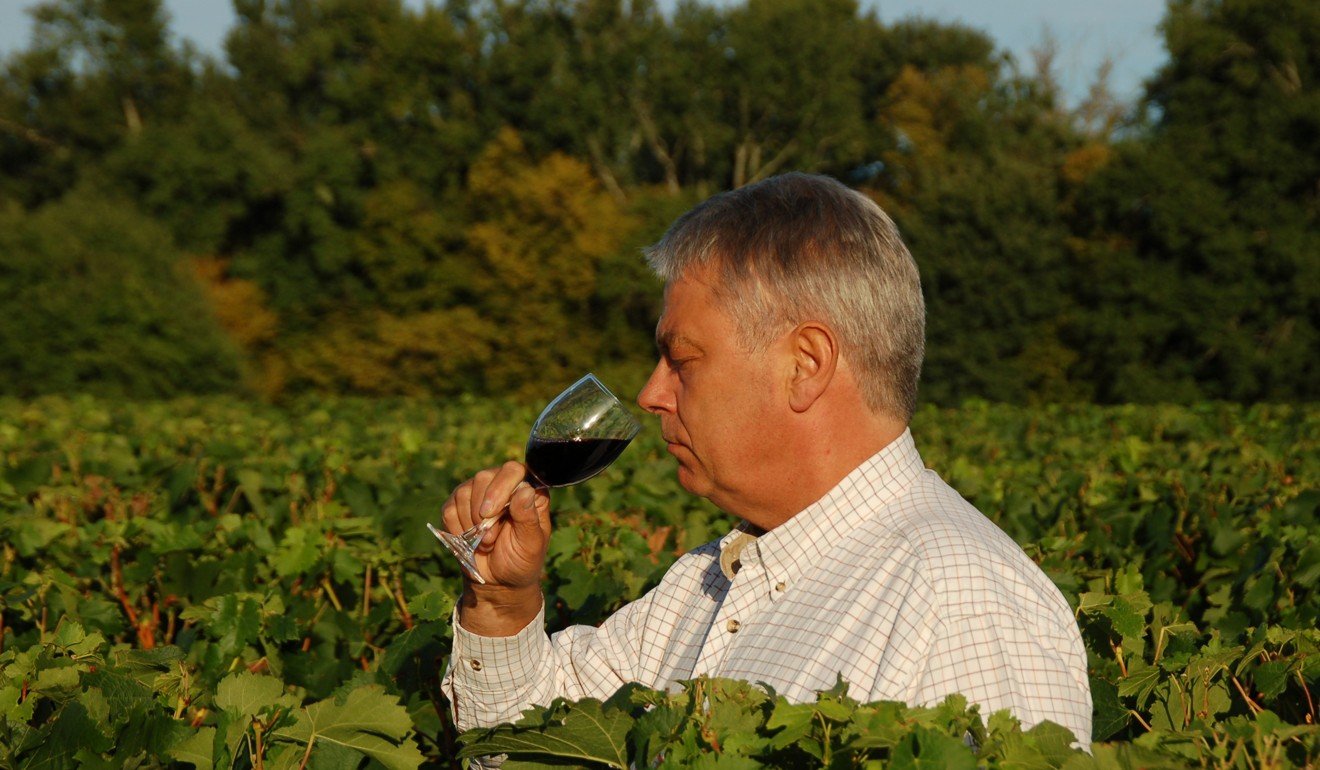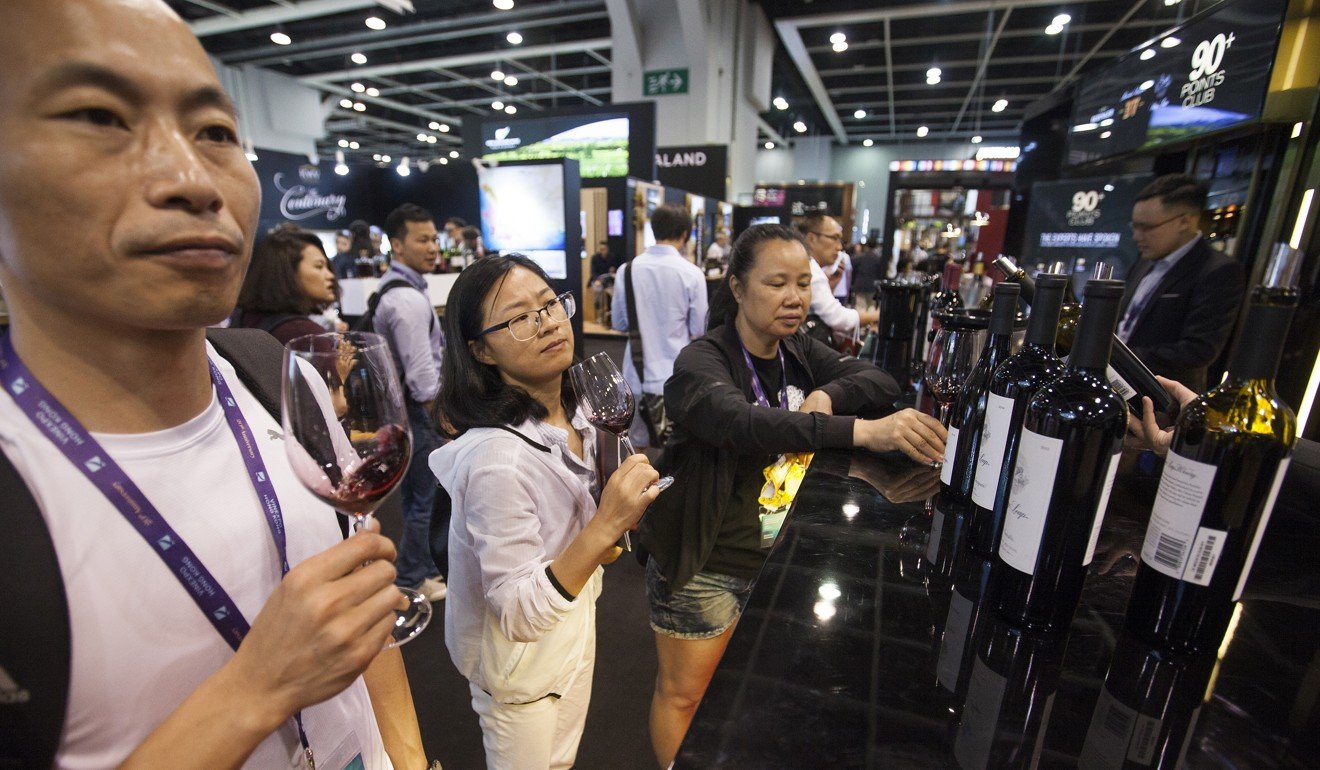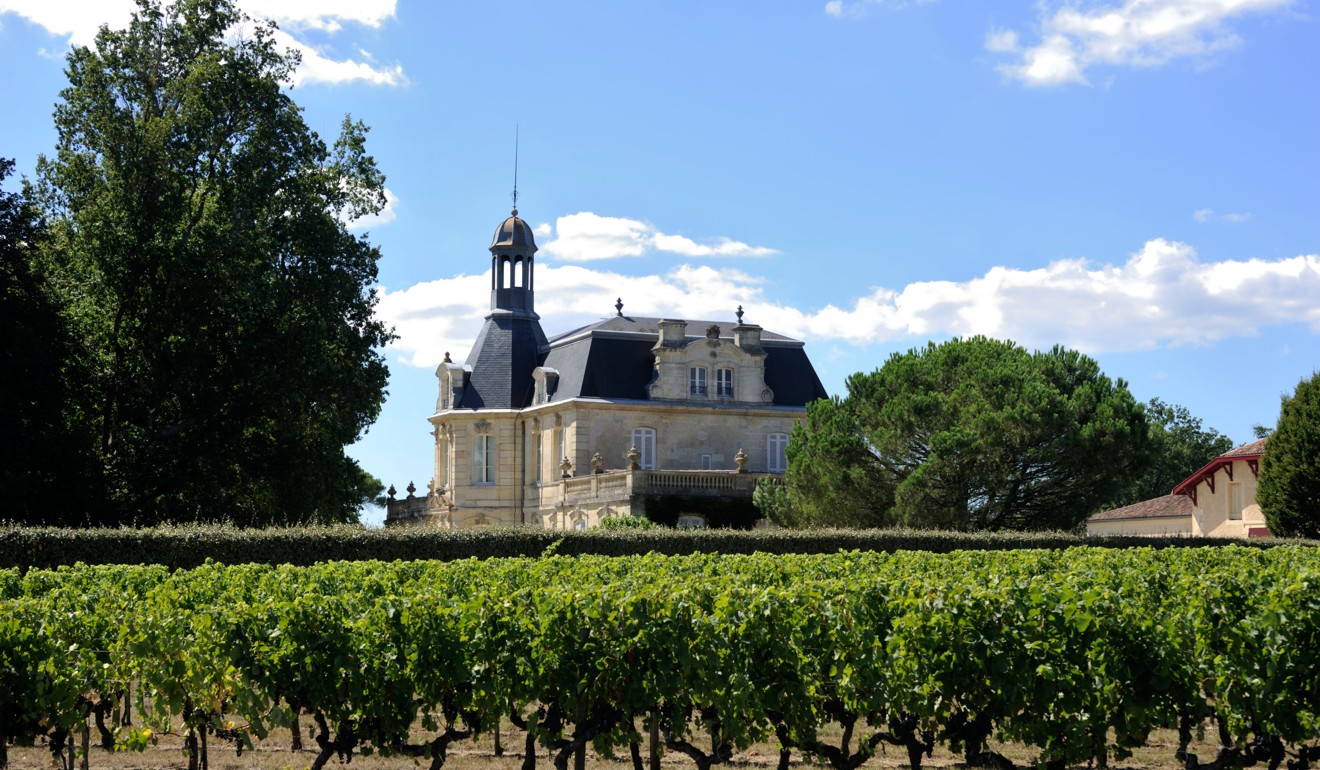
How to buy a French chateau: seminar lures Chinese at Vinexpo Hong Kong fair
Mandarin speakers dominate the audience for a talk on purchasing a Bordeaux winery, and no wonder, with 200 French wine estates in Chinese hands already; prices start at US$3.5 million but you could get that back in three years
Every week property broker David Lawton is contacted by a handful of would-be Chinese clients. “They all say the same thing – ‘I want a chateau’,” says the chairman of WI&NE, a network of specialists based in Bordeaux, southwest France, who handle all aspects of investing in French vineyards. In the past decade, 200 French chateaux have been bought by Chinese investors, he says.
And no wonder, when the value of Bordeaux wine estates goes only one way: up, by 1-2 per cent a year, he says. While prices start at €3 million (US$3.5 million), Lawton says: “If you know how to sell wine in China, then you will make your investment back in three years.”
He was speaking at a seminar at this week’s Vinexpo Hong Kong, a wine and spirits fair. The three-day fair features nearly 1,500 exhibitors from 30 countries. Most of the three dozen people in the room spoke Mandarin, the language of China, and some took notes throughout the two-hour talk by a panel that included Kelvin Li Yuqi, a Bordeaux chateau owner, Hong Kong-based accountant Danny Po Chun-wong of Deloitte, as well as French architects, oenologists and lawyers involved in WI&NE . (The network’s name stands for “wine invest and new experts”).
Big in Bordeaux: with seven chateaux, Hong Kong billionaire Peter Kwok’s French love affair continues
The Chinese are not the first foreign investors to put their money into Bordeaux chateaux; in the 1970s some 70 estates found Japanese buyers, but only about 25 of them are still in Japanese hands.
Two years ago Li, the chairman of Austchi Dragon International Group, a wine trader, bought Chateau Segonzac in Saint-Gènes-de-Blaye, a Right Bank winery in Bordeaux. The estate is across the Garonne River from such famed wineries as Chateau Lafite Rothschild and Chateau Lynch-Bages.

He says Chateau Segonzac’s value has shot up because he is neighbours with Alibaba’s Jack Ma Yun, who purchased Chateau Perenne in Blaye Cotes de Bordeaux the same year as Li. (Alibaba owns the South China Morning Post.)
If you know how to sell wine in China, then you will make your investment back in three years
Li tasted his first wine 15 years ago – Australian, he says – and since then has made wine his core business, branching into imports, wholesale and en primeur or wine futures. His company sells wines that range in price from a few hundred yuan to 500,000 yuan (US$78,000) per bottle. Wines from Chateau Segonzac sell for between 150 yuan and 1,000 yuan per bottle.
The chateau has 53 hectares of vineyards and Li is tweaking their output to produce wines that are customised to Chinese tastes. “The Chinese market wants wines that are not too sour or too dry,” he says.
When he bought the estate, 60 per cent of the grapes were of the cabernet sauvignon variety and the rest merlot and cabernet franc. Now he is growing over 80 per cent cabernet sauvignon and merlot so that the wine will have more body yet be easy to drink.

Li would not disclose how much he paid for the chateau, but says its running costs so far have been 4.5 million yuan per year, with some of the money spent on new machinery. He also had to fix up the cellars, acquire more land to grow grapes, and buy new oak barrels.
During a question-and-answer session at the end of the seminar, a young Chinese woman politely asked in French how much the smallest chateau would cost. Lawton gave a laundry list of the various factors that affect the price of a wine estate, before saying that for €600,000 one could buy not a chateau but a house.
Chinese investment company snaps up French wine estate
Pressed further after the seminar, Lawton says chateaux go for €3 million to €6 million. His network deals exclusively with foreign clients – more than half of them from China, with others from Russia, Argentina, Brazil, Chile, the United States, Belgium, and Canada. Two years ago he began getting inquiries from India, he says, but no Indians have bought wine estates yet.

Lawton says there are 250 chateaux for sale, and explains they are on the market for one of several reasons: the chateau owner’s children are not interested in the wine industry; the parents are getting old; or the winery is profitable and they want to sell.
When I’m at my chateau, I frequently meet Chinese who are interested in buying one … Many ask if I’m selling, but I say no
It takes four months on average to buy a chateau. During the seminar, Lawton explained a stable of experts is available to perform due diligence, from checking the condition of the chateau and the quality of its grapes to ensuring the sale price is reasonable.
When it comes time to buy a chateau, many purchasers from China complete the transaction in Hong Kong, mostly for tax reasons.
Accountant Po says people don’t buy chateaux purely for investment – it’s also about living a certain lifestyle. By they time they express their intention to buy a winery, they have already spent time and effort researching the area, its chateaux, and the quality of their grapes.
Proud of his investment, Li is happy with how things are going. “When I’m at my chateau, I frequently meet Chinese who are interested in buying one, but only 10 to 20 per cent of them have a wine background. Many ask if I’m selling, but I say no,” he says with a smile.

